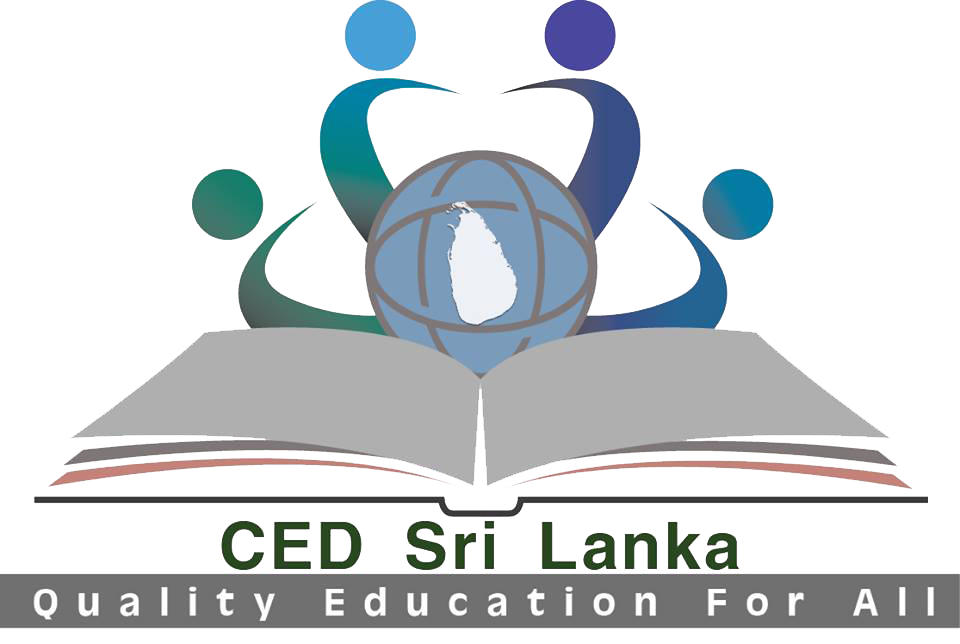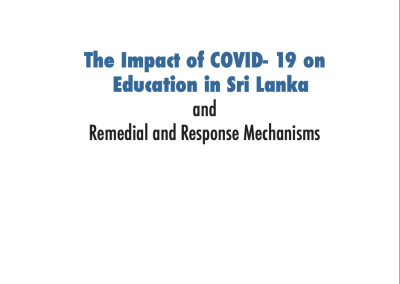COVID-19 pandemic has become a Global threat to human beings and can be named as the biggest catastrophe in this century. The first Covid infected Sri Lankan person was found in 2020 January and since then the government of Sri Lanka has taken different measures to prevent the spreading of the pandemic.
Although these actions helped to control the pandemic to some extent, they also led to a number of negative consequences on the personal, community and the national level.
The alternative distance mode and online education system which is widely used to substitute onsite education. These measures further exaggerated already existing disparities in the education system by specially widening the gap of digital divide. People have demanded the authorities to address these issues and ensure equal access to education continuously. As a response, the government has taken several steps and promised new remedial actions to address these situations. However, actions already taken are not sufficient to minimize the gaps and people are uncertain about the implementation of remedial action in the given socio economic context. With the technical and financial assistance from ASPBAE CED conducted a study to assess the impact of the pandemic and identify the effectiveness of the remedial measures
Objectives of the study
- Identify the impact of the COVID-19 pandemic on education financing in Sri Lanka
- Categorize key education components and/or sectors and vulnerable groups highly affected by the pandemic; analyze the financing implications and identify the programs or services response/mitigation interventions to mitigate their financing requirements to address these problems
- Recognize the good practices utilized to ensure adequate funding, especially for vulnerable learners, most affected by the pandemic, including women and girls, that can be adopted or replicated by other schools, communities and local areas
- Compile actionable recommendations

